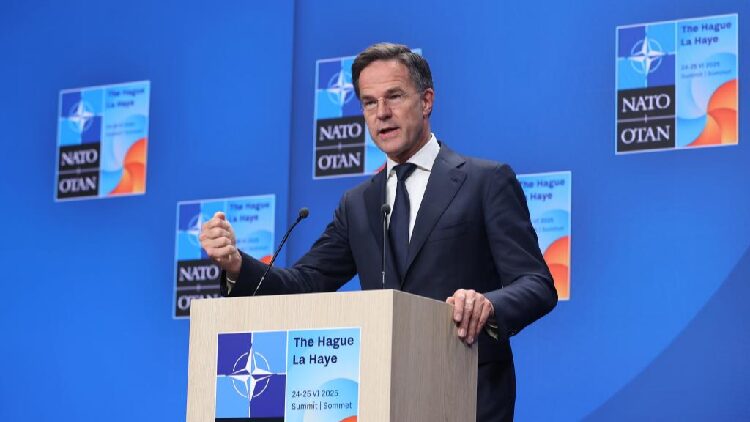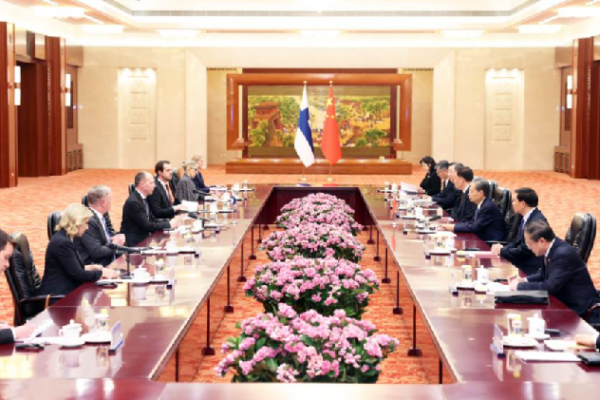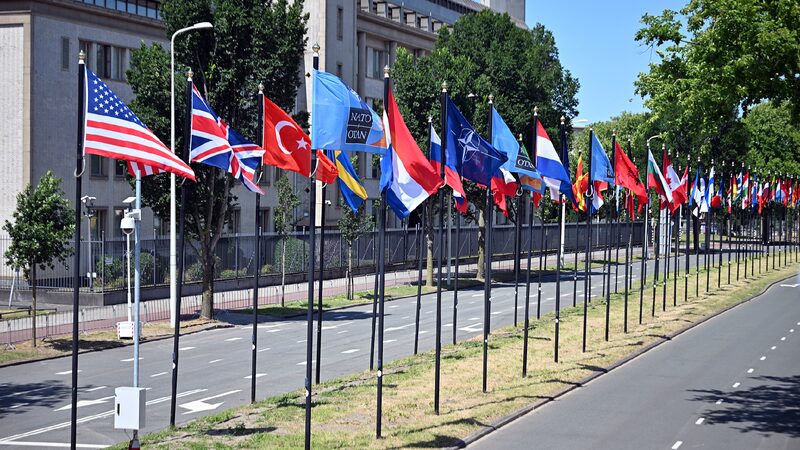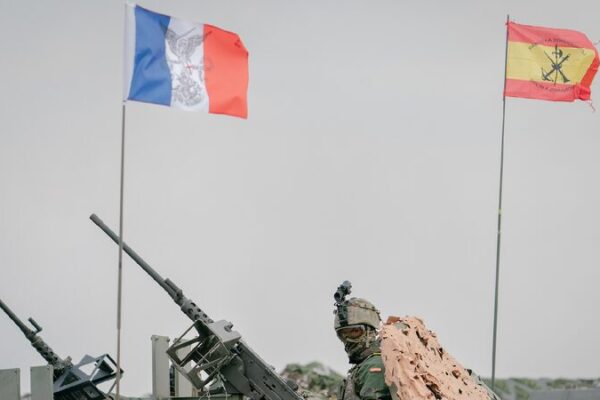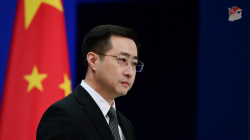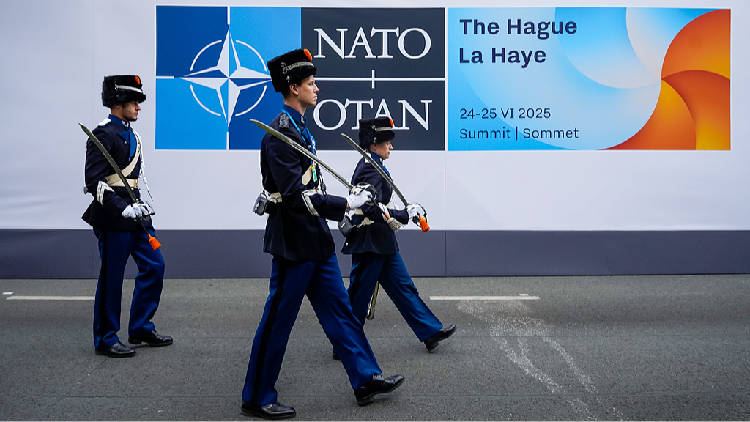A World Transformed: The Global Impact of the Russia-Ukraine Conflict
The Russia-Ukraine conflict, ongoing for the past three years, has reshaped the world in unexpected ways. Beyond the immediate battlefield, its effects are being felt globally, altering international relations, economies, and power structures. Let’s explore how this conflict is changing our world.
Shifting Security Dynamics
The conflict has significantly impacted global security. In Europe, it marked the greatest security challenge since the end of the Cold War. Countries like Sweden and Finland, historically neutral, have joined NATO. Military spending across Europe has increased, and trust between Russia and Europe has eroded.
In Asia, nations such as South Korea and Japan are rethinking their defense strategies. Discussions around nuclear deterrence are gaining traction. The Philippines has strengthened its security ties with the United States. However, the focus of the U.S. and Europe on the conflict has somewhat stabilized tensions in the Asia-Pacific region.
Economic Ripples Around the Globe
The economic consequences are far-reaching. Europe, heavily reliant on Russian energy, faces an energy crisis after reducing imports. This has led to inflation, labor shortages, and weakened economies dependent on manufacturing.
Global energy markets are shifting. Russia now exports more oil and gas to Asia, particularly to China and India. The U.S. has increased its liquefied natural gas exports to Europe. Emerging economies like Mexico, Vietnam, and India are attracting international investments as supply chains shift.
Changing International Relations
Relations among major powers are in flux. The ties between Russia and Europe have deteriorated due to sanctions and aid to Ukraine. The United States and Europe have strengthened their cooperation, but changes in leadership could alter this dynamic.
The conflict has also highlighted differing perspectives between Western countries and others. Many nations in the Global South have taken independent stances, asserting their interests and becoming a significant force in international politics.
The Rise of the Global South
Countries in the Global South are becoming more united and influential. Their independent responses to the conflict show a shift towards greater autonomy from Western influence. This unity could pave the way for a new international order where more voices are heard.
A New World Order?
The Russia-Ukraine conflict has disrupted the established international order. It has revived old geopolitical tensions and challenged global ideologies. The rise of populism and renewed Cold War mentalities indicate a shift in global shared values.
Moving forward, it’s crucial for the international community to prioritize peace, cooperation, and openness. By working together, nations can navigate these changes and build a better, more harmonious world.
Reference(s):
cgtn.com

